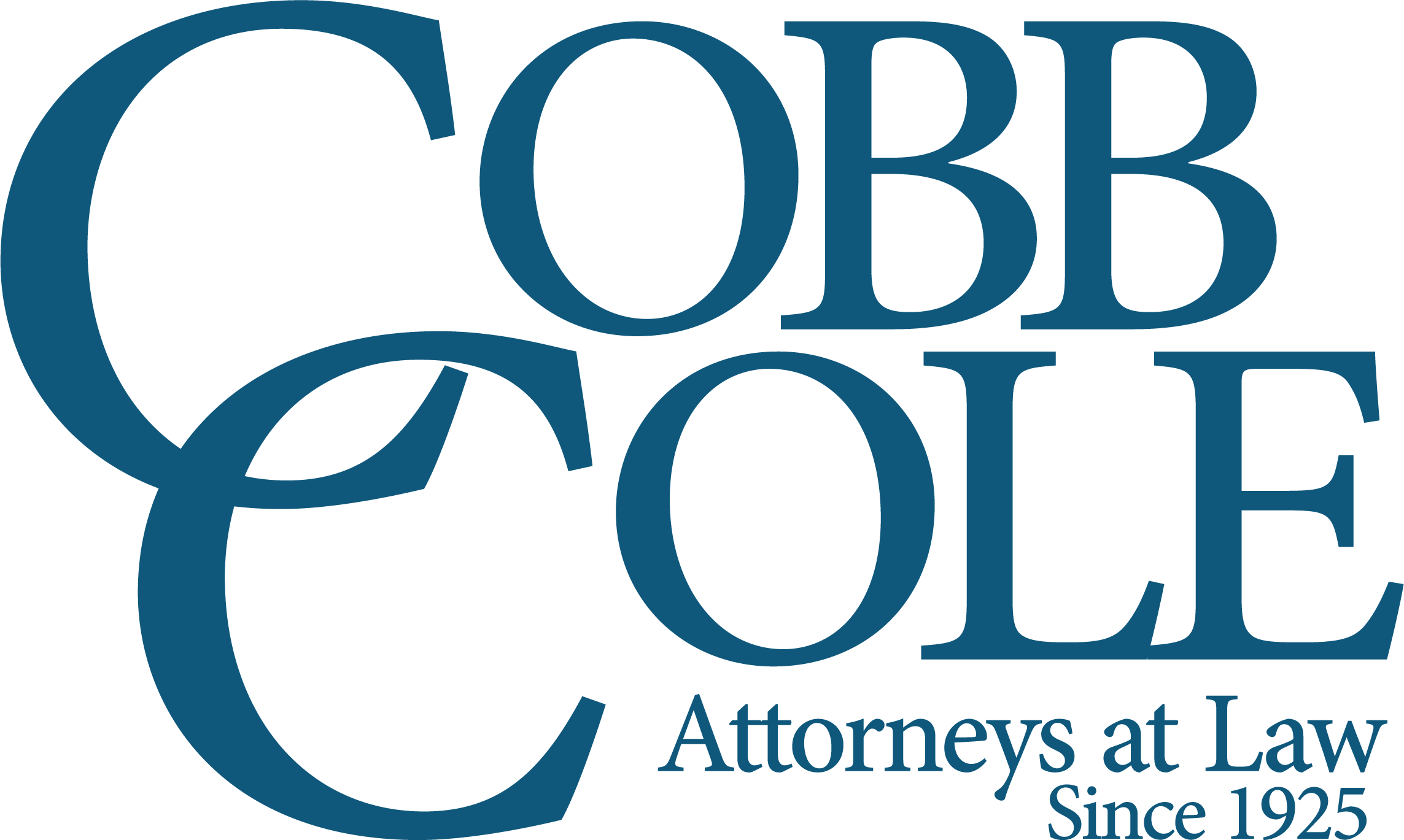Unforeseen vacancies on association boards can disrupt operations and limit the board’s legal ability to act. Addressing these gaps promptly helps maintain stability and continuity in the association’s operations, while ensuring the legality of its actions. While it can be tempting to ignore the “red tape” of filling a board vacancy, unaddressed board vacancies can impede work, create the perception of bias or fraud, or make continued board action legally impossible due to lack of a quorum.
Determining whether, when, and how quickly a board vacancy must be filled requires a close reading of the association’s bylaws and a deep understanding of sections 720 and 718 of Florida Statutes (for homeowners associations and condominiums). The HOA/Condominium Law team at Cobb Cole provides tailored legal support to ensure association boards comply with Florida law and make informed governance decisions.
Understanding Board Vacancies
Board vacancies can arise from various situations, including:
- Resignations: Board members may step down due to personal reasons or conflicts.
- Removals: Members might be removed for misconduct or failure to fulfill duties.
- Incapacitation or Death: Unexpected health issues or death can leave a position unoccupied.
Legal Framework in Florida
In Florida, the process for filling board vacancies is primarily governed by the association’s bylaws and state statutes. Key considerations include:
- Default Statutory Provisions: Unless the bylaws specify otherwise, Florida law allows the remaining directors to fill vacancies by appointment. For instance, the Florida Condominium Act states that a vacancy can be filled by a majority vote of the remaining directors, even if they constitute less than a quorum (FL Condominium Act § 718.112 and FL Homeowners’ Association Act § 720.306).
- Term of Appointees: Typically, an appointed director serves for the unexpired term of their predecessor. However, some bylaws may require the appointee to serve only until the next annual meeting, at which point an election is held to fill the remainder of the term.
Determining the Need and Timing of Replacements
Despite the potential downsides of leaving a board seat vacant, not all vacancies require immediate replacement, and in some cases, the board may be able to operate indefinitely with the reduced number of seats.
A board may legally continue functioning if:
- A Quorum Still Exists – Florida law requires a quorum for board decisions. If the remaining board members still constitute a majority of the board, they can continue operating without filling the vacancy.
- Bylaws Do Not Mandate Immediate Replacement – Some association documents allow boards to function with vacancies until the next election cycle.
- An Election Is Imminent – If a vacancy occurs shortly before a scheduled election, waiting may be more practical than appointing someone for a short-term position.
- The Board’s Minimum Size Requirements Are Met – Some bylaws set a minimum number of directors, which may be lower than the total authorized positions.
- The Seat Was an At-Large Position – If the vacant position had no officer role (e.g., President or Treasurer), the board may be able to function effectively without it.
Steps to Address Board Vacancies
To effectively manage unanticipated vacancies, associations should consider the following steps:
- Review Governing Documents: Examine the association’s bylaws and articles of incorporation to determine the prescribed method for filling vacancies.
- Consult Legal Counsel: Engage with legal professionals to ensure compliance with state laws and governing documents. For Florida-based associations, Cobb Cole’s HOA/Condominium Law team offers comprehensive guidance tailored to the specific needs, circumstances, and governing documents of your association.
- Board Action: If permitted, the remaining board members should vote to appoint a qualified individual to the vacant position. Proceedings for this appointment should be open to association members and clearly documented to maintain transparency.
- Member Involvement: In cases where member election is required, promptly organize a meeting or election to fill the vacancy, adhering to the procedures outlined in the governing documents. Note that unless otherwise specified in the bylaws, an election is not required if there are more vacancies than candidates.
- Documentation and Communication: Record all actions taken to address the vacancy and communicate these decisions to the association members to maintain trust and transparency.
Potential Challenges
Filling board vacancies can present several challenges:
- Bylaw Ambiguities: Unclear or outdated bylaws can complicate the appointment process. Regular reviews and updates of governing documents are advisable.
- Member Disputes: Differing opinions among members about the appointment process can lead to conflicts. Clear communication and adherence to established procedures are essential to mitigate disputes.
- Legal Compliance: Ensuring that the appointment process complies with state laws and regulations is paramount to avoid potential legal issues.
To address these and other governance issues in your association, seek reliable legal guidance. The HOA/Condominium Law team at Cobb Cole is well-versed in advising homeowner and condo associations through board vacancies and other governance concerns.

